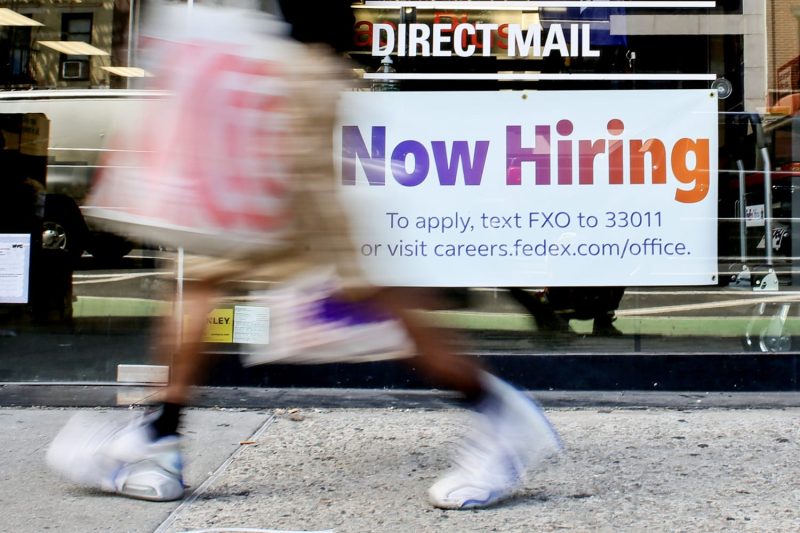In a surprise announcement, the U.S. Bureau of Labor Statistics revealed that the country’s economy added 818,000 fewer jobs than previously reported. The revelation has heightened concerns about the state of the economy, adding to existing worries about a potential slowdown.
The discrepancy in job numbers has sent shockwaves through various industries and sectors. Employers may find themselves re-evaluating their hiring decisions and growth projections based on the revised data. This unexpected update underscores the importance of accurate and timely economic information in making informed business decisions.
The implications of the job revision are far-reaching, impacting not only businesses but also policymakers and individuals alike. With job creation being a key indicator of economic health, the revised figures suggest a potential weakening of the labor market. This could have cascading effects on consumer spending, investor confidence, and overall economic stability.
Economists and analysts are closely monitoring the situation, evaluating the potential causes and effects of the job reporting discrepancy. The revised figures raise questions about the accuracy of economic data and the methods used to collect and analyze it. Such discrepancies can have significant ramifications on economic policies and market dynamics.
Businesses and investors are advised to exercise caution and adapt their strategies in light of the revised job numbers. The uncertainty created by the discrepancy underscores the need for greater transparency and accountability in economic reporting. Clear and accurate data are essential for making sound financial decisions and navigating economic uncertainties.
As the fallout from the revised job numbers continues to unfold, stakeholders across various sectors will need to stay vigilant and agile in responding to changing economic conditions. By staying informed and adaptable, businesses can better position themselves to mitigate risks and seize opportunities in an evolving economic landscape.
